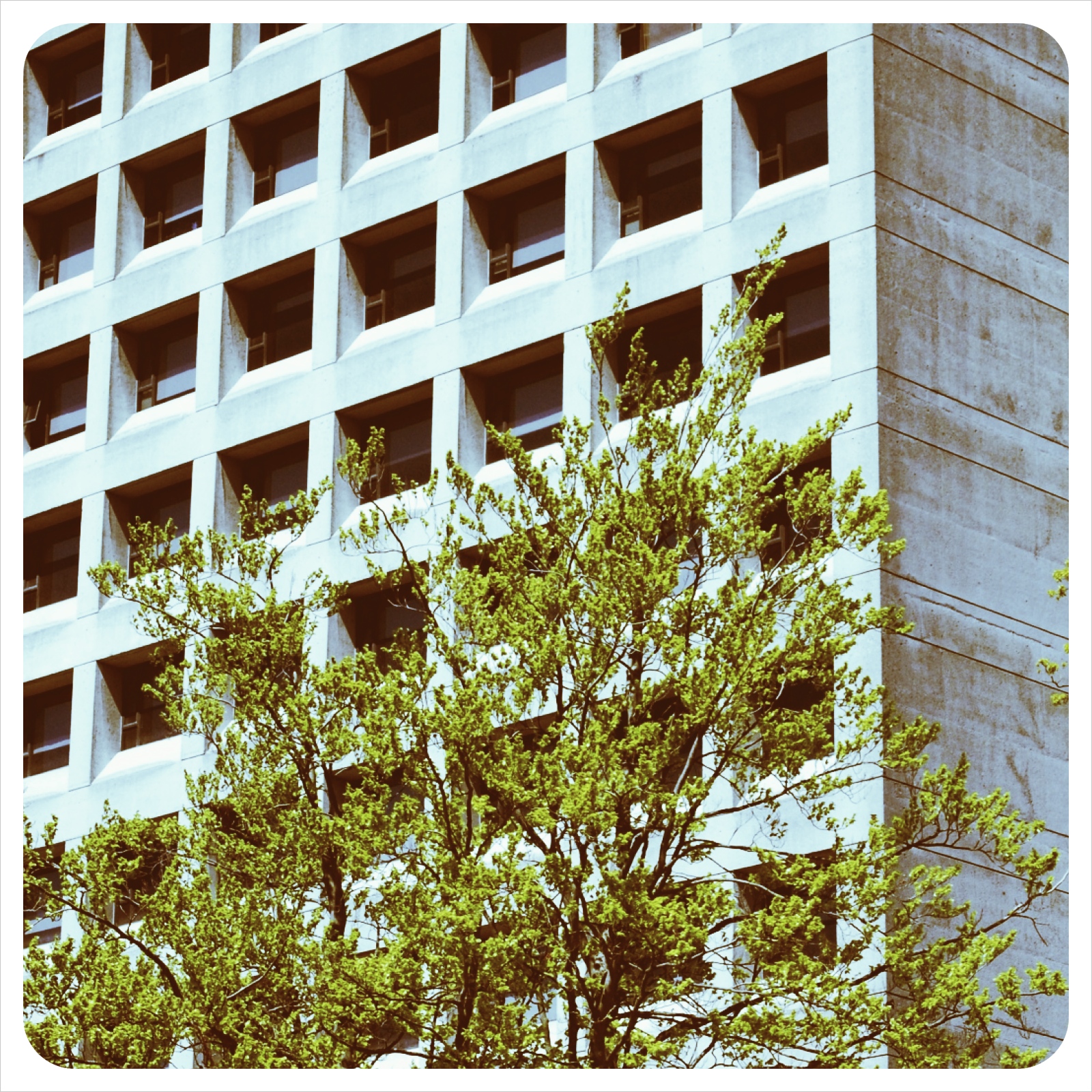The University of British Columbia has been in the local and national headlines a great deal this fall. At the beginning of this term, controversy arose when a group of frosh week leaders were found to have led incoming students in a chant that minimized the impact of sexual assault.
Now, as students are facing the frenzy of mid-term exams, UBC is in the headlines once more for issues regarding sexual violence. In the past three weeks, three separate incidents of sexual assault have been reported on campus. [Ed note: The UBC Student Paper, The Ubyssey, has reported a fourth sexual assault on campus but has opted not to reveal its source.] As the RCMP have now declared, it is believed that all three stranger-attacks, which took place on the weekends between midnight and 3 a.m., were perpetrated by the same individual.
When news of these assaults emerged, I reflected back to the seeming indifference of many of the rape-chant leaders, thinking that if there had been any lingering doubt in our campus community that sexual violence was not a subject to be minimized, joked about, or taken lightly, that these heinous attacks on women, on members of our university community, would make it very clear that sexual assault is a serious issue.
Yet, while the outrage against the attacker and expressions of fear about campus safety have been clearly expressed, so too have contempt, mockery, and disdain for the three victims.
While the Tweets in question have now been deleted, there have been at least two publicly-visible incidents of victim-blaming stemming from members of our own campus community. Both alluded to the fact that women at UBC’s campus should be smarter (well, more specifically, that they shouldn’t be “dumb”), and one asserted, very bluntly, that the victims were “asking for it.”
It’s horrendous enough to know that our campus is currently in a state of fear because of the actions of one depraved individual, and even more horrifying to know that in 2013, even after the discussions we’ve had on campus and in the news about why sexual assault is not the fault of the victim, that we’re seeing these kinds of statements being made.
But don’t listen to my criticism alone: listen to the woman who was the second survivor in the recent string of assaults. She published a piece in the campus newspaper, which clearly articulated both the frustration of being spoken about like a news story, and the callous indifference with which people still talk about assaults that take place when an woman is walking home late at night. She writes:
Imagine sitting in class and having the professor bring up your sexual assault. I wanted to stand up at say, “Yo, this is my story. Who are you to talk about how I could have prevented this? Don’t I have the right to walk home alone?”
Imagine having to read about this on Twitter. Or in the comments section of a news story. Imagine having to hear your professors or your peers analyzing and scrutinizing your actions, speculating on what you could have and should have done differently. That’s not an indignity that any sexual assault survivor deserves.
Here’s the thing: people who have been affected by sexual violence are all around us. Whether we know it or not, we all likely know at least one survivor of sexual violence. They may be our professors. They may be fellow staff members. They may be peers in our classrooms. They are of all genders, all sexual orientations, all ages, all ethnic backgrounds, all socio-economic backgrounds, all professions. We never know who has been affected by it, and, as such, we never know who is hearing our words or reading them on the Internet.
Campus safety is not merely a question of how many security guards and police officers are on patrol, or of how many streetlights are installed to create visibility. It is also a question of how our campus community chooses to respond to survivors. If we take seriously the assertion that the University of British Columbia is a community of fellow students, faculty members, and staff members, ones who look out for and are concerned with the well-being of others, then it is simply unconscionable that we have members of the community who are actively seeking to blame and shame the victims of what are clearly horrendous and terrifying experiences.
We can still have conversations about campus safety and precautions, but we can do this without blaming the women who were attacked.
We can still have conversations about our own fears about safety, without suggesting that if only the women had been “smarter,” they wouldn’t have been assaulted.
So long as there are individuals who are blaming women for their own assaults, no place, even a well-respected university campus, is a safe place for survivors.
Lucia Lorenzi is an interdisciplinary artist as well as a 4th-year PhD candidate in the Department of English at The University of British Columbia. Her research examines the aesthetics and politics of silence in narratives of sexual violence. This article originally appeared on Lucia’s blog, The Body Politic. It is reprinted here with permission.



